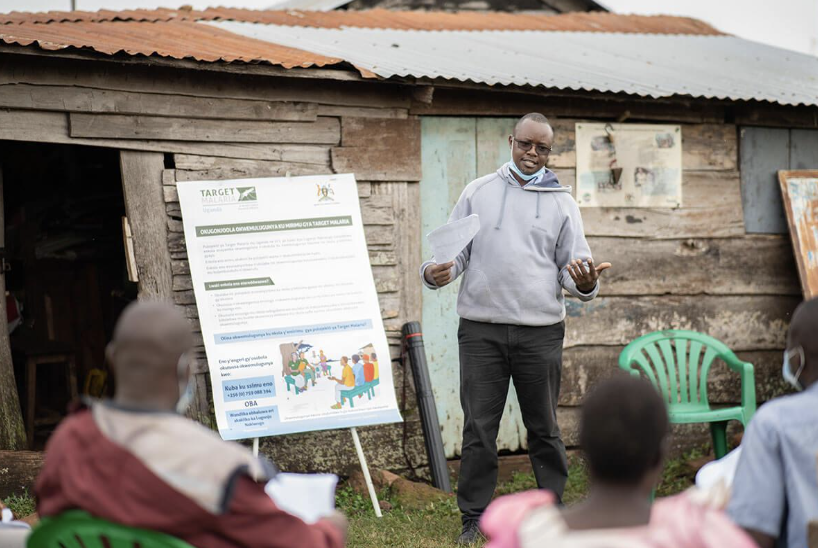
Target Malaria, a not-for-profit research consortium leading the development of genetic technologies for malaria control, recently hosted a live demonstration of its groundbreaking educational video game, dubbed Target Malaria: The Game. This interactive tool is significantly transforming the way complex scientific concepts are communicated, making advanced genetic technologies both accessible and engaging for users of all ages.
Initially launched in late 2024, this educational game immerses players in the pivotal role of a laboratory technician working on genetically modified mosquitoes—an innovative strategy explored for controlling malaria vectors and ultimately eradicating the disease in Africa. The game introduces players, regardless of their scientific background, to essential tools and methodologies used in molecular biology through two in-depth modules: “Microinjection” and “Transgenic Screening.”
In the “Microinjection” module, players simulate the delicate process of injecting a DNA solution into mosquito embryos, mimicking real-life laboratory techniques vital for genetic engineering. In “Transgenic Screening,” players engage in sorting fluorescent, genetically modified mosquito larvae, a process crucial for identifying successful gene modifications.
“This isn’t just a game; it’s a powerful capacity-building tool,” emphasizes Louise Marston, Senior Research Technician for Target Malaria at the Crisanti Lab within Imperial College London and the visionary behind the game. “We are showing how a digital platform can bring scientific discovery to life, even in regions where internet connectivity is limited or inconsistent.”
Developed in collaboration with independent game developer Michael Marston, the game features a design specifically tailored for low-spec systems and low-bandwidth environments. This is a critical feature for regions in Africa where reliable internet access is often a challenge. By making the game widely accessible, it serves as a valuable resource for science educators and trainers working in rural and underserved areas.
A recent report highlights that Africa’s gaming industry has become the fastest-growing in the world, boasting over 186 million gamers across the continent as of 2024. A significant portion of these gamers are under 30, providing an exceptional opportunity to engage and inspire the next generation of scientists through familiar gaming platforms.
“Gaming is a universal language that resonates with young people. Target Malaria: The Game harnesses that enthusiasm to ignite curiosity, deliver foundational knowledge in molecular biology, and enhance overall scientific literacy,” Marston adds.
This initiative is a key component of a broader suite of creative initiatives employed by Target Malaria to promote awareness about the potential of gene editing for malaria control and to educate the public about gene drive technology, which is currently in development. In addition to the game, other resources include Mozzie Drive, a card game that educates players about malaria transmission and control, Swarm, an audio art experience that communicates gene modification concepts through sound, and interactive theater performances held in various countries, including Burkina Faso. Together, these tools facilitate trust, transparency, and understanding among communities and stakeholders impacted by malaria.
Target Malaria regularly organizes science café meetings, providing a platform where these educational tools are presented to communities directly affected by malaria, particularly those that are most at risk.
“We encourage universities, schools, and laboratories to adopt this tool not just for raising awareness but also for practical training. It effectively brings laboratory concepts into classrooms, helping to demystify many misconceptions surrounding science and biotechnology,” adds Jean Birba, Stakeholder Engagement Officer at Target Malaria Burkina Faso.
*Target Malaria is currently available in both English and French and functions seamlessly on various gaming PCs, as well as low-spec systems. In the near future, the research consortium plans to launch a beta version for Mac users and a mobile edition to broaden accessibility.
“Engaging stakeholders at all levels is a fundamental part of our responsible research approach. The game exemplifies our commitment to transparency, inclusion, and education regarding gene drive technology in our fight against malaria. Our goal is to reach as many people as possible and encourage them to download, play, and share the game,” concludes Birba.







